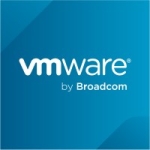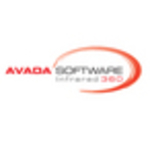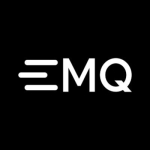What is our primary use case?
There were some long-running processes where it was timing out. We got the request from this source application, and we put the data into IBM MQ. Then, we read the data from IBM MQ before doing the rest of the processing. Especially for real-time processes, we have just decoupled it into two different ways to ensure there is no time-out.
What is most valuable?
The publish and subscribe features are the most useful aspects of the solution.
It's not too difficult to set up the solution.
It's stable.
Technical support is quite helpful.
The moment you send the data, there is no latency there.
We haven't experienced any data loss.
What needs improvement?
If they could have some front-end monitoring tool that could be easily available for the team to use, that could be great. While you may not be able to edit your messages, at least if you could look at them, see the queue, and what's inside, et cetera, that would be helpful. We'd like visibility on the health of the environment.
For how long have I used the solution?
I've used the solution for two years.
What do I think about the stability of the solution?
The stability is good. In fact, we have not seen any issues. Only recently have we observed an issue. There was a limit on the number of messages it could contain. We are having an issue now, however, we have not usually seen any issues related to IBM MQ. Therefore, in general, the solution is stable. I'd rate its reliability eight out of ten.
What do I think about the scalability of the solution?
I haven't seriously explored the scalability of the product and therefore don't know the full scope of scalability.
We handle about 300 to 400 transactions per day.
How are customer service and support?
Technical support is very helpful and responsive. We are satisfied with the level of support we get.
How would you rate customer service and support?
Which solution did I use previously and why did I switch?
I have previously used TIBCO EMS as well.
How was the initial setup?
The initial setup is pretty easy. It's not that complex. I'd rate the ease of implementation at a seven or eight out of ten.
The deployment time is pretty short. It's not a long process.
In an integration scenario, like payment processing, where the payment has to go to the backend system, SAP, or talk to multiple applications, due to the fact that it's a lengthy, complex business process, we just decouple it. Some of the information we get immediately after receiving the request, and we pass on the information to the customer. Then, we put the payload into the IBM MQ, and then we started processing from IBM MQ. So there are integrations that sometimes need to be done or worked with.
What about the implementation team?
We have an admin team that does the configuration and setup of the solution. They can do it in one or two business days.
What was our ROI?
We have witnessed an ROI while using this product. For example, we've had no data loss since using the solution
What's my experience with pricing, setup cost, and licensing?
A different team handles the setup, and likely they also handle the licensing. I don't have any visibility on the cost of the product.
What other advice do I have?
I'm a user and customer. I'm not a core developer of IBM MQ. However, I'm a user of IBM MQ.
I'd recommend the solution to others. I'd rate it seven out of ten overall.
Which deployment model are you using for this solution?
On-premises
Disclosure: My company does not have a business relationship with this vendor other than being a customer.



















